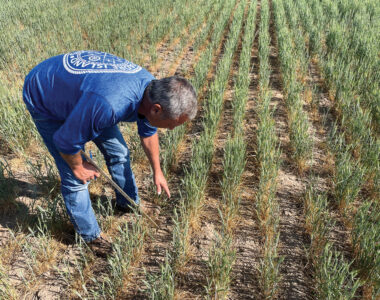
In a major shift in agricultural trade policy, the U.S. Department of Commerce has ended the 2019 Tomato Trade Agreement with Mexico. This change, effective July 14, 2025, will apply a 20.91% antidumping duty on most Mexican tomato imports. The goal is to address concerns over unfair pricing practices that have hurt American tomato growers.
Background of the Tomato Trade Agreement
The Tomato Suspension Agreement began in 1996 and has been revised several times since. It was intended to stop Mexican producers from undercutting U.S. prices. The agreement established minimum pricing standards and required quality inspections. Despite these rules, American tomato farmers—especially in Florida—argued the agreement didn’t stop unfair practices. As a result, U.S. market share fell from 80% in 1996 to just 30% in recent years.
Reasons for Termination
The U.S. tomato industry claimed that Mexican exporters sold tomatoes below fair market value. This practice hurt American growers significantly. The Department of Commerce ended the agreement after finding dumping margins as high as 273.43%. Most companies received a dumping margin of 17.09%. Domestic producers see this move as a win against unfair foreign competition.
Implications for the Market
Ending the tomato trade agreement will affect the market in several ways:
Domestic Production Opportunities: U.S. tomato growers could benefit from higher demand, helping them recover market share lost over the past decades.
Price Increases: A 20.91% duty on Mexican tomatoes may lead to higher prices for consumers at grocery stores.
Supply Chain Adjustments: Retailers and importers that depend on Mexican tomatoes will need to adjust their supply chains. Some disruptions may occur.
Looking Ahead
The goal of ending the tomato trade agreement is to protect American tomato farms. However, it could raise consumer prices and strain supply chains. The agricultural sector will be watching closely to see how the market responds. Long-term effects on domestic production and international trade will take time to unfold.
Conclusion
The end of the Tomato Suspension Agreement marks a turning point in U.S.-Mexico agricultural trade. As new duties begin, the challenge will be balancing support for U.S. farmers with keeping food affordable. This issue will remain important to policymakers, growers, and consumers across the country.
Resources: Farm Progress



